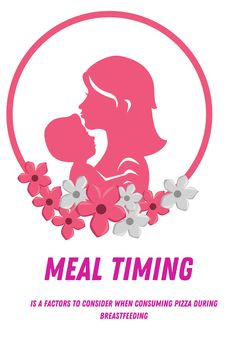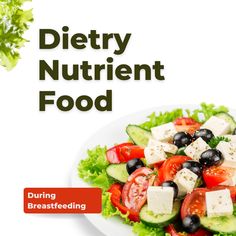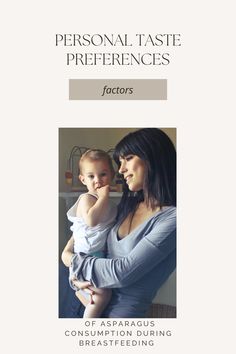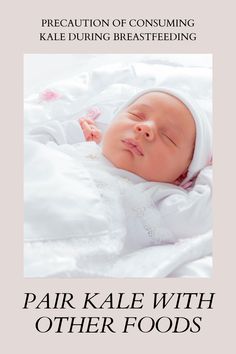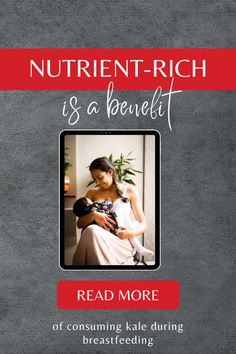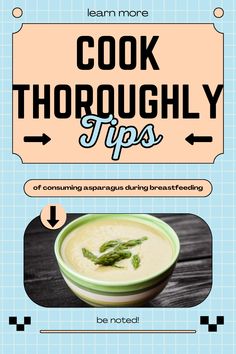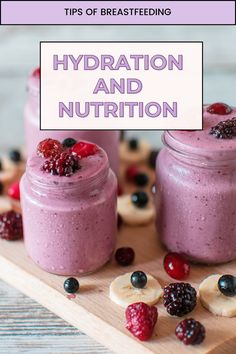Gradually introduce kale during breastfeeding
Yes, gradually introducing kale during breastfeeding is a wise approach. This allows both you and your baby's digestive systems to adjust to the introduction of a new food. Start with small amounts of cooked kale and monitor for any signs of digestive discomfort or allergies in your baby. If all goes well, you can gradually increase the amount of kale in your diet.
How much cabbage can i eat while breastfeeding
While there's no specific limit on how much cabbage you can eat while breastfeeding, it's generally recommended to consume it in moderation, especially if you notice any adverse effects on you or your baby. Start with small amounts and gradually increase as tolerated. Monitor your baby for signs of discomfort or changes in behavior after you eat cabbage. If you notice any adverse effects, consider reducing your intake or avoiding cabbage altogether. As always, consult with a healthcare provider or lactation consultant for personalized advice based on your individual circumstances.
Excessive gas when consuming carrot during breastfeeding
Experiencing excessive gas in your breastfed baby after consuming carrots is not uncommon. Carrots are known to be a common culprit for causing gas in some babies due to their fiber content and certain compounds that can be difficult to digest. If you notice this pattern, you might consider reducing or eliminating carrots from your diet temporarily to see if it alleviates your baby's symptoms. Additionally, consulting with a healthcare provider can provide personalized advice and guidance on managing your baby's discomfort.
Meal timing is a factor to consider when consuming pizza during breastfeeding
Meal timing is indeed an important factor to consider when consuming pizza during breastfeeding. It's generally recommended to eat balanced meals throughout the day to maintain stable blood sugar levels and provide a steady supply of nutrients for both the mother and baby.
Does kale really cause gas during breastfeeding
While kale is a nutritious vegetable, it can indeed cause gas in some breastfeeding babies. This is because kale, like other cruciferous vegetables, contains certain compounds and fibers that may be difficult for some individuals, including babies, to digest fully. Incomplete digestion of these compounds can lead to the production of gas in the baby's digestive system, causing discomfort.
Personal taste preferences is a factor of consuming asparagus during breastfeeding
Yes, personal taste preferences play a role in determining whether you choose to consume asparagus during breastfeeding. If you enjoy the taste of asparagus and find it to be a delicious addition to your meals, it may be something you include in your diet. However, if you dislike the taste or have aversions to certain foods, it's perfectly fine to opt for other nutritious options that you enjoy. The key is to maintain a balanced and varied diet that meets your nutritional needs while considering your individual preferences.
Digestive sensitivity is a factor of consuming asparagus during breastfeeding
Yes, digestive sensitivity can be a factor to consider when consuming asparagus during breastfeeding. Asparagus contains certain compounds that may cause digestive discomfort in some individuals, such as gas or bloating. If you or your baby experience any adverse digestive symptoms after consuming asparagus, it may be wise to limit or avoid it in your diet. It's essential to listen to your body and adjust your food choices accordingly to ensure both you and your baby remain comfortable during breastfeeding. If you have concerns about digestive sensitivity, consulting with a healthcare provider can provide guidance tailored to your specific situation.
Pair kale with other foods during breastfeeding
Pairing kale with other foods during breastfeeding can be a beneficial strategy to enhance nutrient absorption and minimize potential digestive discomfort. Combining kale with foods that complement its flavors and textures while providing additional nutrients can create well-balanced meals or snacks
Nutrient rich is a benefit of consuming kale during breastfeeding
Yes, consuming kale during breastfeeding can offer significant benefits due to its nutrient-rich profile. Kale is packed with essential vitamins and minerals, including vitamin A, vitamin C, vitamin K, calcium, and iron, among others. These nutrients are vital for both the breastfeeding mother's health and the development of the nursing baby. Vitamin A supports immune function and vision, vitamin C aids in wound healing and immune health, vitamin K is important for blood clotting, calcium is essential for bone health, and iron is crucial for preventing anemia.
Discuss with a healthcare professional is a tip of consuming kale during breastfeeding
Yes, discussing the consumption of kale with a healthcare professional is a valuable tip for breastfeeding mothers. While kale is nutritious, individual dietary needs and sensitivities can vary. Consulting with a healthcare professional, such as a doctor or a registered dietitian, can provide personalized guidance based on factors like your overall health, dietary preferences, and any specific concerns you may have about consuming kale while breastfeeding.
Cook thoroughly is a tip of consuming asparagus during breastfeeding
Yes, ensuring that asparagus is cooked thoroughly is a helpful tip when consuming it during breastfeeding. Cooking asparagus properly not only enhances its flavor and texture but also helps break down any potential harmful bacteria that may be present. Thorough cooking can also make it easier to digest, reducing the likelihood of experiencing digestive discomfort




